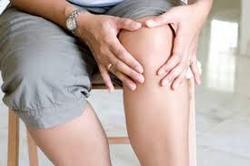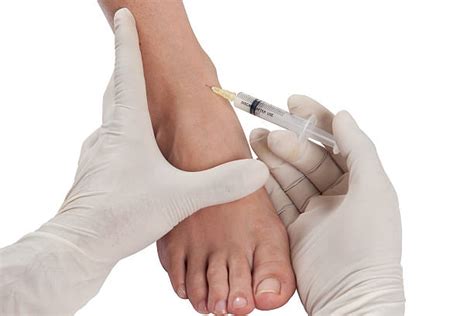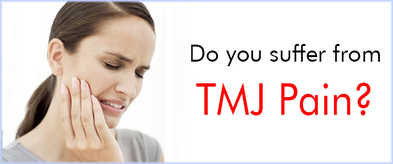|
Prolotherapy is such a wonderful treatment. It can make a big difference to pain reduction and to correcting instability in the body. It is a privilege to be on the teaching team heading to Calgary in September, Covid-precautions permitting, to train 20 physicians from across Canada. We hope this will lead to easier access to prolotherapy for more people, as more physicians become proficient in the treatment :-)
I have recently attended the annual Canadian Association of Orthopaedic Medicine conference, this year held in the big TO. As usual there were some excellent presentations and workshops, and I left feeling inspired and privileged to be working in musculoskeletal pain management. There was a lot of focus on nutrition: so much of pain can be attributed to the foods we eat! Also there was an excellent talk on genetic testing - knowing one's genome can help tailor treatment very specifically and even prevent certain problems/diseases from occurring. I presented a workshop on the hydrodissection of peripheral nerves using 5% dextrose under ultrasound guidance, along with a colleague, Dr Jag Gupta. This was well-attended, showing the interest in treating neuropathic pain without using drugs which have many side effects (aka brain fog). Dr Gordon Ko organised a terrific conference and I hope to incorporate new pearls of wisdom into my practice!
 An interesting study was published recently. Having a knee arthroscopy (a surgical procedure with a "telescope" looking into the knee, and cleaning out any part that is rough or loose) does not improve pain. Many, many people suffer from knee arthritis and so this is helpful in deciding on a course of action. Having a knee replacement may be the eventual answer, but in the mean time regenerative injections (perineural injecting of dextrose, or prolotherapy, or PRP) can be a big help in reducing symptoms, and may even prevent the "kneed" to do surgery at all. Most physicians like to see evidence of any medical therapy before they embrace or promote it. This is the world of research, which is often not clear cut but at least gives us guidance about what works and what doesn't. Recently we met up with a colleague in BC who is studying the effect of prolotherapy for TMJ or temporomandibular joint syndrome, aka painful jaw. The study is on-going and won't be published for at least a year, but the results thus far are very promising. Most of the patients who were in the non-prolotherapy arm of the study opted to have prolotherapy after their involvement in the study was complete, as they hadn't benefited from the "blinded saline" injection to the same extent as the "blinded dextrose" group. This shows that the proliferative effect of concentrated dextrose into damaged joints is effective, leading to healing and of course less pain - our goal! We have updated the research section of the website, and for your interest and information you can look at these studies near the top of the Links page. Some of the researchers are Jack Taunton, well-known Vancouver sports injury clinic physician, Dean Reeves, "father" of prolotherapy research collation, and David Rabago (and the late Jeff Patterson) of the University of Wisconsin, home of the Hackett Hemwall Patterson Foundation whose teaching of prolotherapy is first class. We have met several of the researchers in the world of prolotherapy and they are enthusiastic about this simple, elegant and effective treatment.
|
AuthorJannice is a family physician with an interest in the treatment of pain. Anything to help the process is added to this blog. Archives
April 2021
Categories
All
|



 RSS Feed
RSS Feed